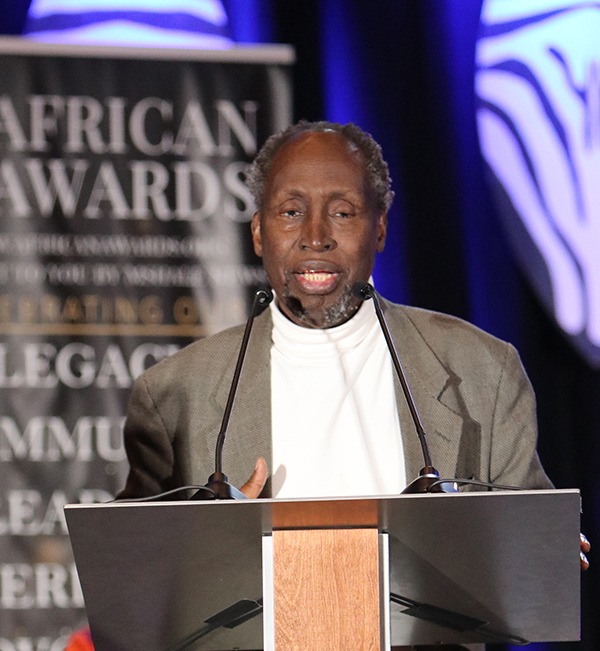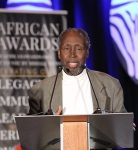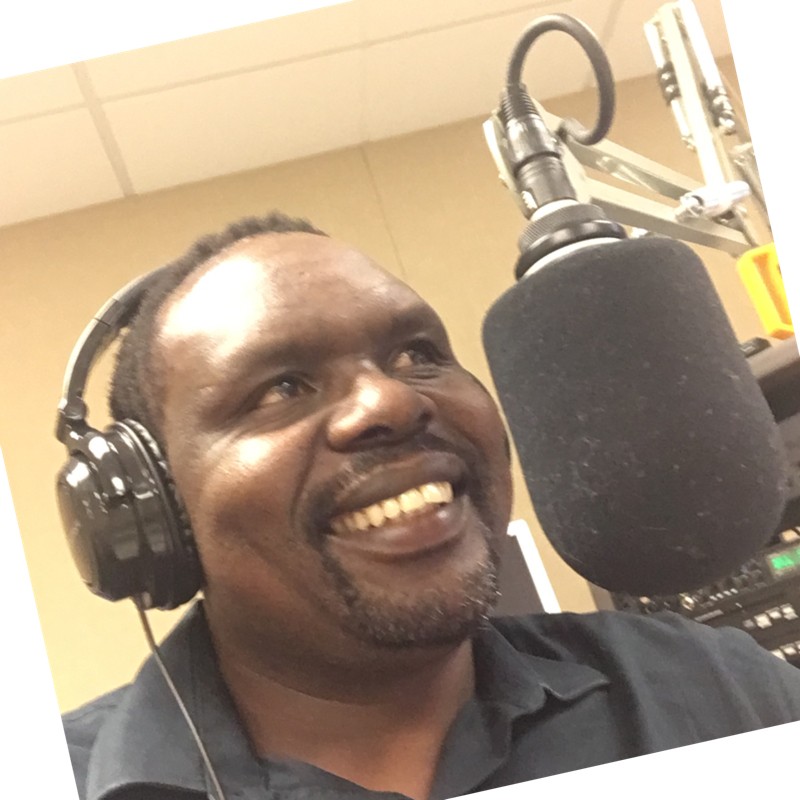

Ngũgĩ wa Thiong’o, one of the most renowned icons of African literature, has died, according announcements from his children. He was 87.
“It tears my heart to say that my father, Ngugi wa Thiong’o, passed away earlier today,” his son, Mukoma wa Ngugi announced on Facebook on Wednesday. “I am me because of him in so many ways, as his child, scholar and writer. I love him – I am not sure what tomorrow will bring without him here. I think that’s all I have to say for now.”
Ngũgĩ was born in 1938 in Limuru in the central region of present-day Kenya, which at the time was a British colony. His experience growing up under European colonial would later shape his career as a writer and storyteller. In 1959, Ngũgĩ left Kenya for Uganda and enrolled at Makerere University, which at the time was one of Africa’s most esteemed universities. It was the beginning of an illustrious career that spanned more than 60 years and led to numerous nominations for the Nobel Prize in Literature, though he never worn the prestigious award.
In 1964, Ngũgĩ published his first novel, “Weep Not, Child,” the first major English-language book written by a Black East African author. In 1977, Ngũgĩ dropped English for his native Gĩkũyũ as his primary language of writing. He became an unapologetic advocate of African languages. Every one of the numerous novels and memoirs he wrote after that were first written in his native tongue then translated into English before publication.
As his literary works moved from being critical of European colonialism to attacking the rulers of newly independent Kenya, Ngũgĩ found himself on a collision course with the government of Jomo Kenyatta, the country’s first post-independence president. Kenyatta jailed him for a year for writing books and plays that portrayed leaders in the new government as traitors of the Mau Mau heroes who fought to end British imperial rule.
After Kenyatta’s death in 1978, his successor, President Daniel arap Moi, released Ngũgĩ from jail. A few years later, however, Ngũgĩ went into self-exile in the United Kingdom claiming that his life was in danger. He later ended up in the United States and did not return home until 22 years later when Moi was no longer in power. In the United States, Ngũgĩ taught at various universities including Yale, New York University and the University of California, Irvine.
The family did not disclose the cause of his death but in the last few years Ngũgĩ has had multiple health issues. In 2019, he underwent triple heart bypass surgery. He also had a history of kidney failure, and was a prostate cancer survivor, having been diagnosed and treated in 1995.
“He lived a full life, fought a good fight,” his daughter, Wanjiku Wa Ngugi, wrote on Facebook after his death.
About Edwin Okong'o - Mshale Contributing Editor
Edwin Okong'o is a Mshale Contributing Editor. Formerly he was the newspaper's editor.









